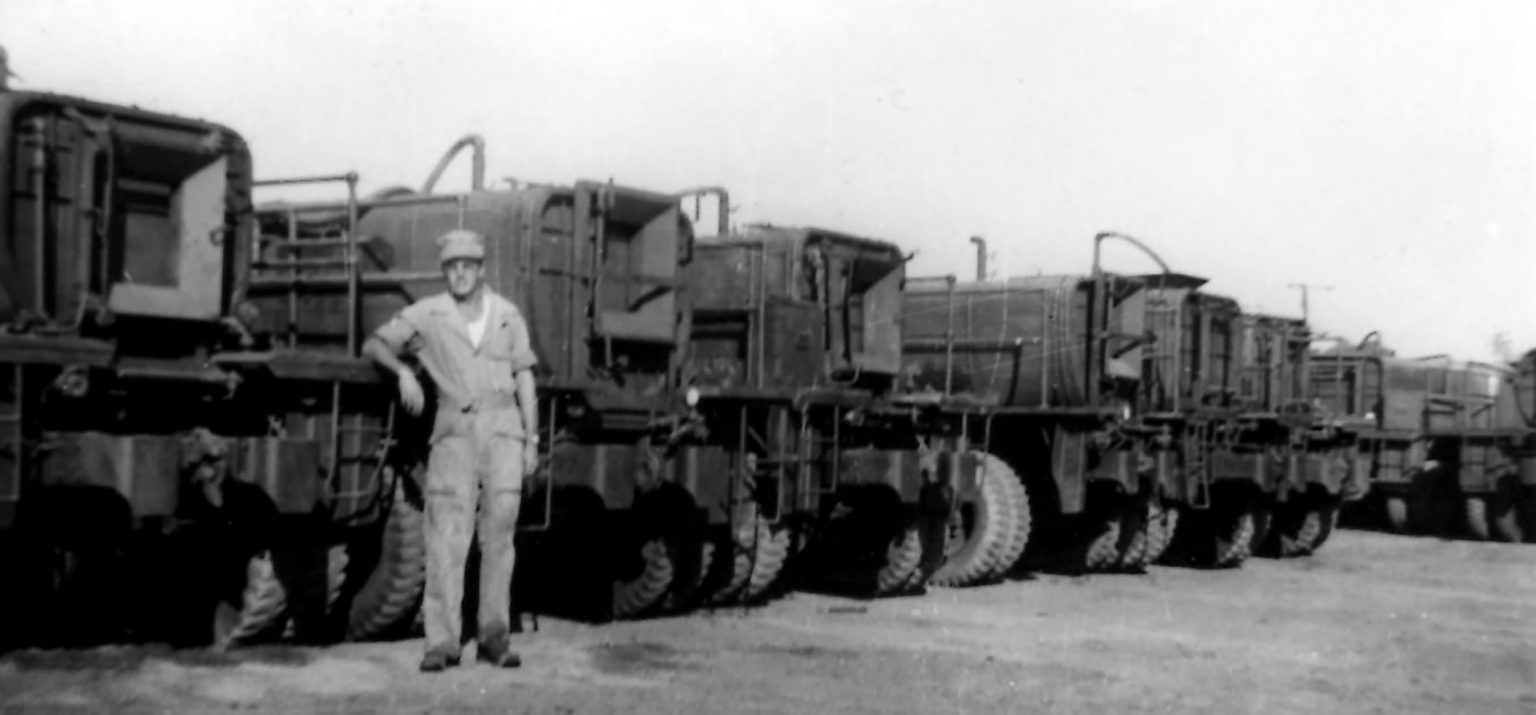NGOs as Implementers Project
A snapshot of NGO work to build a world free of chemical weapons
Accepting Submissions!
Project Description:
Civil society and non-governmental experts play an important role in supporting the national implementation of international treaties. International agreements such as the Chemical Weapons Convention are only successful when member states are able to enact national laws and regulations that fulfil their treaty obligations.
Non-governmental organizations (NGOs), including academia, civil society, industry, and other interested stakeholders, help promote transparency, accountability, and action through their work and research.
The CWC Coalition would like to highlight the role that our community plays as implementers of the CWC. If you or your organization has done a project, held an event, published an article or research paper, or any other activity related to supporting the full implementation of the Chemical Weapons Convention, we would love to hear about it!
As we collect your stories, we’ll be posting them here on our website. This is a great way to amplify the work you are doing and connect with other organizations that might be working on similar projects.
Interested in sharing your organization’s project? Click the button below to access and fill out a Google Form. If you have any questions about how to fill out the form, please Contact Us.
See below for submissions!
Arms Control Association
Location: Washington, DC
Mission Statement: The Arms Control Association, founded in 1971, is a national nonpartisan membership organization dedicated to promoting public understanding of and support for effective arms control policies.
Activities: Through its public education and media programs and its magazine, Arms Control Today, ACA provides policy-makers, the press, and the public with authoritative information, analysis, and commentary on arms control proposals, negotiations, and agreements, including chemical weapons arms control. ACA maintains CWC-related fact sheets and holds events and briefings on relevant CW topics.
ACA’s special project, the CWC Coalition, aims to bring together civil society from around the world to support the full implementation of the CWC. The CWC Coalition has launched a webinar series on topical CWC-related subjects. Most recently, the Coalition held a webinar on the use and regulation of CNS-acting chemicals, an important topic currently being debated in the CWC.
Contact: Visit their website to learn more!

Dr. Jean Pascal Zanders, The Trench
Location: Ferney-Voltaire, France
Mission Statement: Recalling where science, industry and military art converged; Challenging entrenched positions
Activities: The Trench is a research initiative and consultancy dedicated to the future of disarmament, especially in the chemical and biological areas. Founded by Jean Pascal Zanders, The Trench hosts articles and blog contributions on CBW topics, as well as monitoring of CWC developments. In addition, the site maintains critical historical research in CBW armament, use, and norm development.
In 2015, Zanders designed a Learning Unit on Chemical Weapons for the EU’s Non-Proliferation and Disarmament Consortium eLearning platform, which can be accessed through The Trench. The site also includes an archive of presentations and educational modules on a vast number of topics including CBW disarmament and export controls. Zanders has also conducted research into CBW disarmament in the Middle East, and has provided expertise to the delegations of the European Union.
Website: Visit The Trench to learn more!
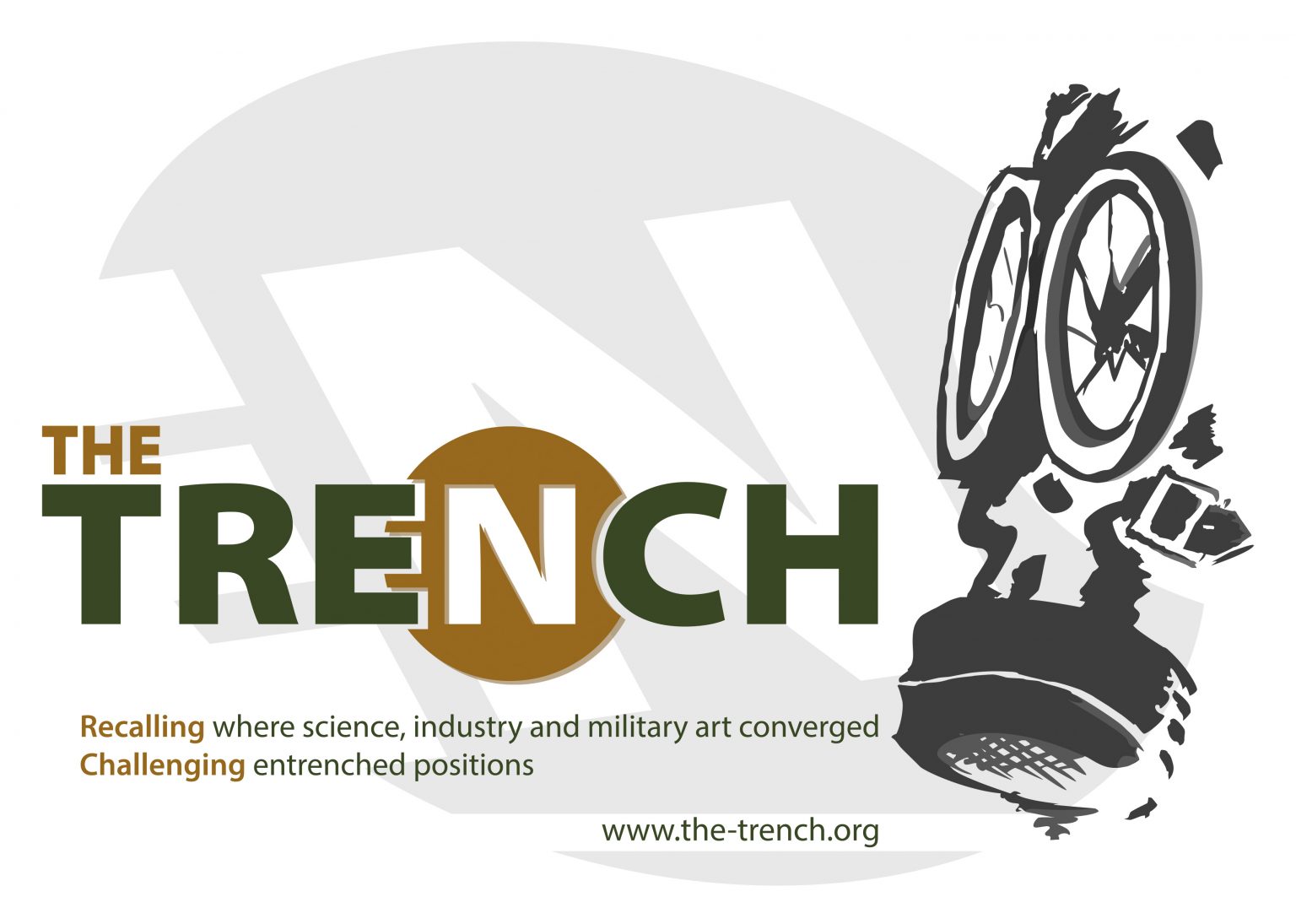
Kurdish Organizations Network Coalition for the International Criminal Court (KONCICC)
Location: Iraq
Mission Statement: The mission of the organization is Iraqi membership at the ICC, which will prevent war crimes including the use of chemical weapons in the future.
Activities: On Saturday, July 17, 2021, the Kurdish Organizations Network Coalition for the International Criminal Court (KONCICC), the Human Rights Development Organization, and the Green Environment Organization hosted a panel discussion on the anniversary of the establishment of the International Criminal Court (ICC) and the Rome Statute. The event took place in Kirkuk, Iraq, with the participation of Dr. Ayad Kakaie, Dr. Mohammed Hawdani, and Bokan Abdhullah.
The speakers discussed several topics, including the role of the ICC in prosecuting individuals and companies responsible for selling chemical weapons to regimes and governments, and advocated for the Iraqi government to sign the Rome Statute.
Website: Visit KONCICC’s website to learn more!
Additional Information: To see additional photos of KONCICC’s event, as well as a description of the mission statements of the Green Environment Organization and the Human Rights Development Organization, click here.
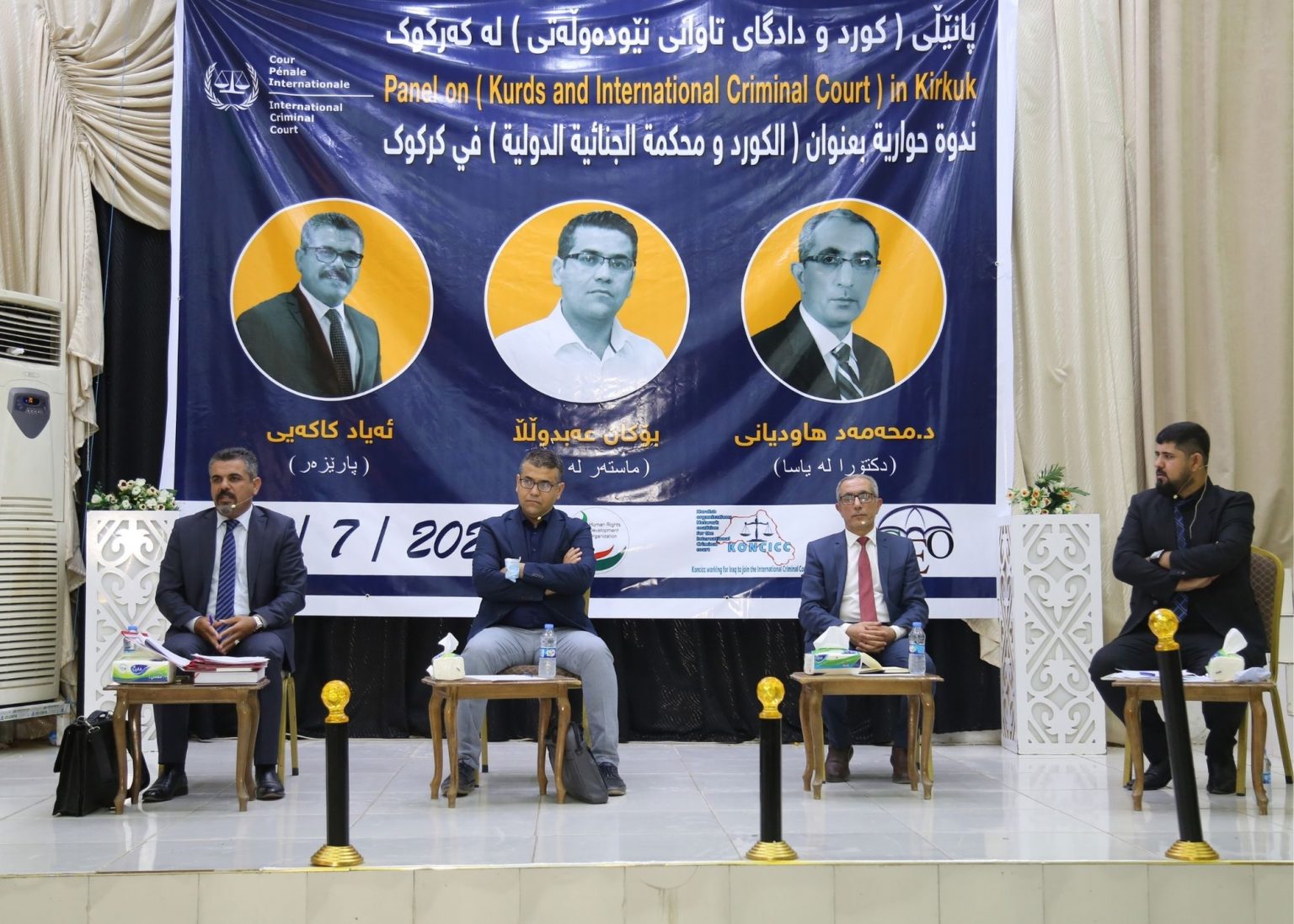
Human Rights Development Organization
Location: Iraq, Kurdistan, the city of Sulaymaniyah
Mission Statement: The Human Rights Development Organization is a non-governmental organization that aims to monitor violations of human rights in all of Iraq by the security services of the State or illegal armed groups, as well as monitor government and legislative decisions on human rights. It also publishes human rights violations every six months.
Activities: In addition to its work on monitoring instances of human rights violations, the Human Rights Development Organization works to prevent the use of chemical weapons in armed conflicts by pressing the parliament to legislate related laws. The NGO also urges the government to prevent the importation of all chemical materials that can be used in the manufacture of chemical weapons.
On August 21, 2021, the Human Rights Development Organization issued a joint statement with several other organizations regarding the 15th anniversary of the start of the trial of the leaders of the former regime of Iraq in cases of genocide campaigns. The trial of Saddam Hussein, the former president of Iraq who implemented the genocide campaign under the name Anfal and the bombing of the city of Halabja with chemical weapons, began on August 21, 2006. In their statement, the NGO demanded that August 21 be designated as the Day of Legal Justice in Iraqi Kurdistan. The statement was published in Kurdish and Persian on Media Institution.
Website: Learn more at their Facebook page!
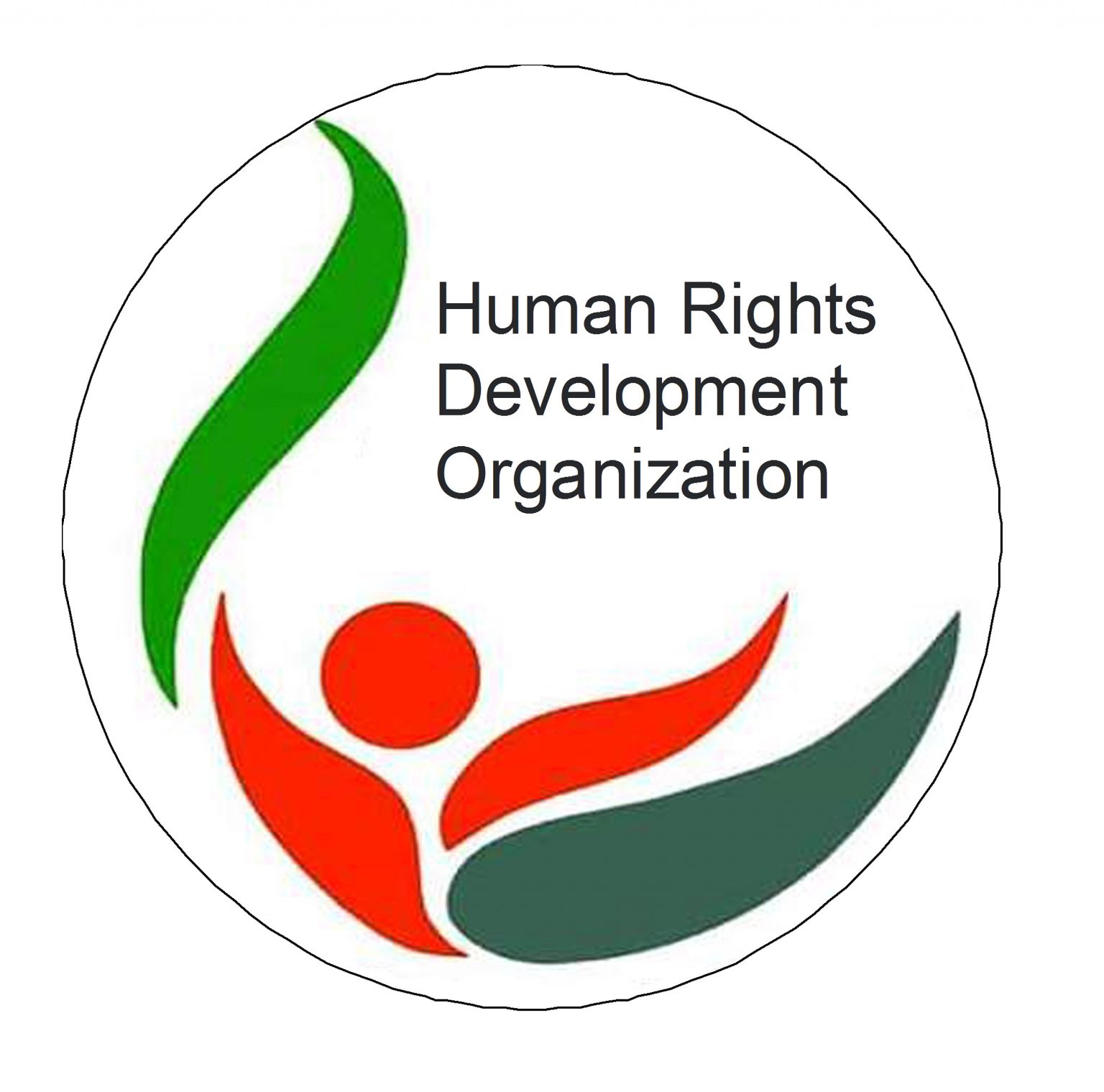
Dr. Gregory Koblentz, George Mason University
Associate Professor and Director of the Biodefense Grad Program, Schar School of Public Policy and Government, GMU
Location: Arlington, VA
Mission Statement: The Biodefense Graduate Program is a multidisciplinary research and education program designed to prepare students to work on issues at the nexus of health, science, and security and bridge the gap between science and policy.
Activities: The students and staff of the George Mason University Schar School of Policy and Government Biodefense program run The Pandora Report, a website that provides a knowledge hub for biodefense related issues and a central location for reports, publications, and events. The Biodefense Graduate Program recently sponsored two webinars on the challenges facing the CW nonproliferation regime.
The first event, titled The Resurgent Chemical Weapons Threat: Current Challenges to the Chemical Weapons Convention (Nov. 17, 2020), featured a discussion about how to restore the taboo against the use of chemical weapons.
The second event, titled Chemical Weapons Arms Control at a Crossroads: Russia, Syria, and the Future of the Chemical Weapons Convention (March 23, 2021), provided insights from international experts on the challenges posed by Russian and Syrian use of chemical weapons and implications for the global chemical weapons arms control regime.
You can watch a recording of either event or download the slides presented by visiting the hyperlinks provided.
Additional Resources: Click here for a more extensive list of Dr. Koblentz’s publications and op-eds on chemical weapons.
Website: Visit The Pandora Report to learn more.
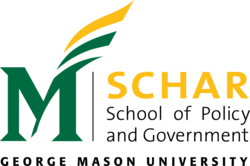
VERTIC (Verification Research, Training and Information Centre)
Location: London, United Kingdom
Mission Statement: VERTIC is an independent, non-profit organisation in London, United Kingdom. Established in 1986, its mission is to support verification, implementation and compliance mechanisms with regard to international agreements and related initiatives. Its primary focus is on non-proliferation and disarmament of nuclear, biological and chemical weapons and the security of related materials.
Activities: VERTIC’s National Implementation Measures (NIM) Programme provides tailored assistance to interested states for adherence to and legislative implementation of the CWC and other instruments on CBRN weapons and related materials. Under a project funded by the Norwegian Ministry of Foreign Affairs, the NIM programme is currently developing tools and delivering cost-free legal analysis, legislative drafting assistance and awareness raising to interested states worldwide for implementation of the CWC and BWC. In May 2021, VERTIC published the CWC legislation survey template and promoted it during a webinar. This tool aims to assist states to analyse their CWC legislation on the basis of 163 measures, taking into account related obligations in UNSCR 1450 and obligations in other treaties.
Website: You can learn more about VERTIC on their website and YouTube account, or follow them on Twitter or Facebook.
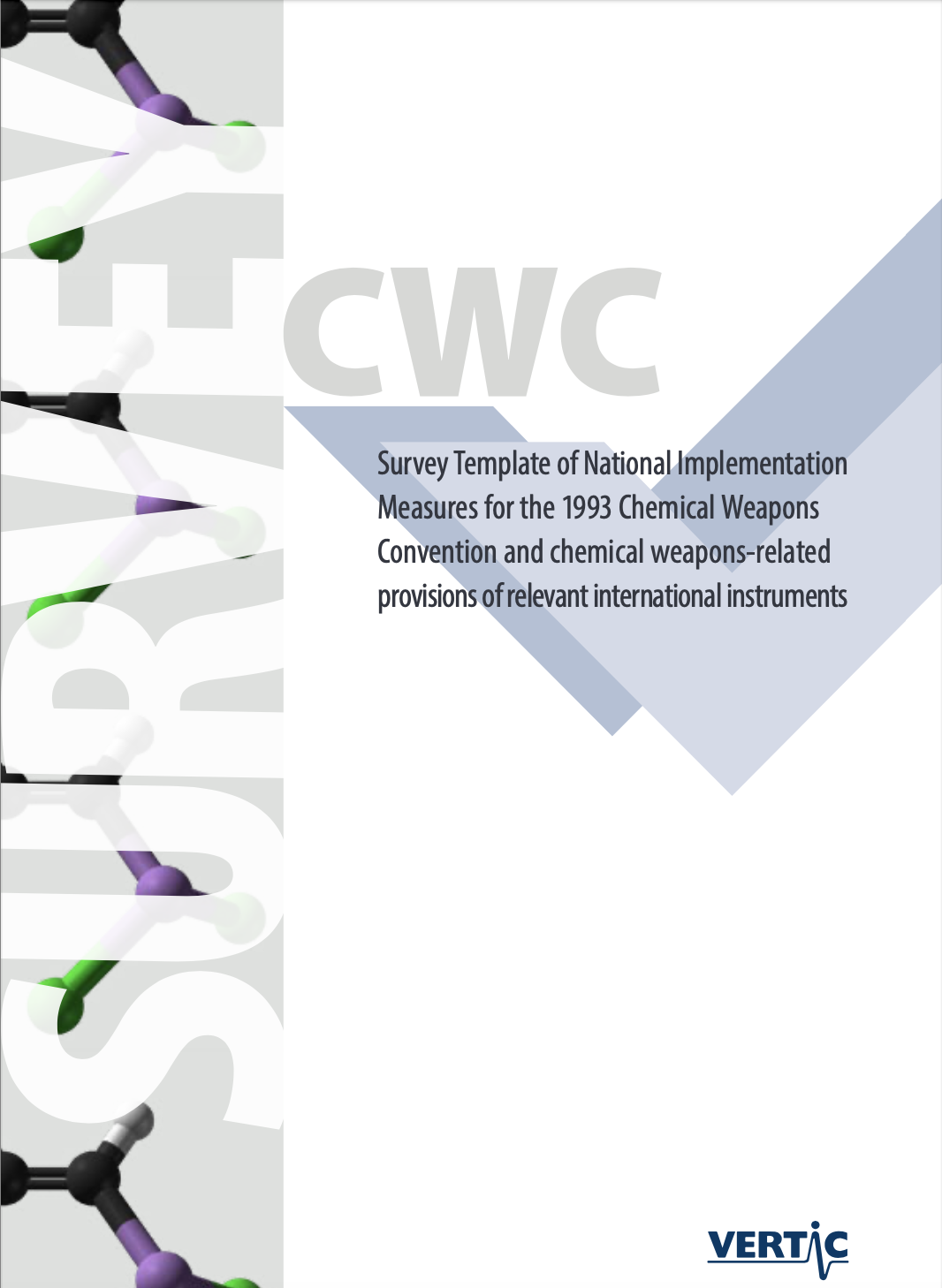
The Costanzi Research Group at American University
Location: Washington, DC
Mission Statement: Analyzing gaps in current policies and practices that allow the proliferation of chemical weapons (CW) and researching technical and policy solutions to narrow those gaps. Raising awareness of the CW threat, including by teaching related courses for undergraduate and graduate students.
Activities: Led by Dr. Stefano Costanzi, professor of chemistry at American University, the Costanzi Research Group focuses on two main research lines: the application of computational chemistry to the study of interactions of chemicals with living organisms, and policy analysis and conceptualization of solutions to stem the proliferation of chemical weapons (CW).
The Costanzi Research Group’s website features resources related to chemical weapons under the “CW Nonproliferation” tab, including articles, presentations, and web reports. Highlights include two papers that analyze the Chemical Weapons Convention (CWC) Schedules and makes recommendations for their expansion, and two papers on cheminformatics solutions to bolster the control of chemicals of proliferation concern.
A section of the website is dedicated to curated tables of chemicals of CW proliferation concern, developed by the Costanzi Research Group within the scope of a collaborative project with the Stimson Center’s Partnership in Proliferation Prevention Program sponsored by Global Affairs Canada.
Website: Visit Costanzi Research Group’s website to learn more!
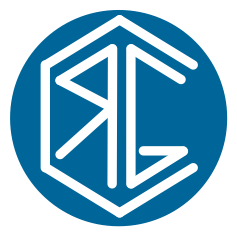
Manohar Parrikar Institute for Defence Studies and Analysis (MP-IDSA)
Location: New Delhi, India
Mission Statement: The Manohar Parrkiar Institute for Defence Studies and Analyses (MP-IDSA) is a non-partisan, autonomous body dedicated to objective research and policy relevant studies on all aspects of defence and security. Its mission is to promote national and international security through the generation and dissemination of knowledge on defence and security-related issues.
Activities: For the past 15 years, MP-IDSA has published a small journal called “CBW Magazine: Journal on Chemical and Biological Weapons.” The CBW Magazine, led by Executive Editor Ajey Lele, is the first of its kind in India.
The magazine is published twice a year – the Summer edition launches in June and the Winter edition launches in December. The most recent issue for Summer 2021 can be viewed here. Each issue features a combination of invited articles, view points, opinion pieces, summaries of chemical and biological news, and book reviews. Various issues are available as a free download on the CBW Magazine webpage.
Ajey Lele has written extensively on chemical weapons, including: India Finishes Destruction of its CW Arsenal (2009); Challenges for the Chemical Weapons Convention (2011); The Future of the Chemical Weapons Convention: Policy and Planning Aspects (2013); and Chemical Weapons Convention: Past, Present, and Future (2018).
Website: You can learn more about CBW Magazine here!
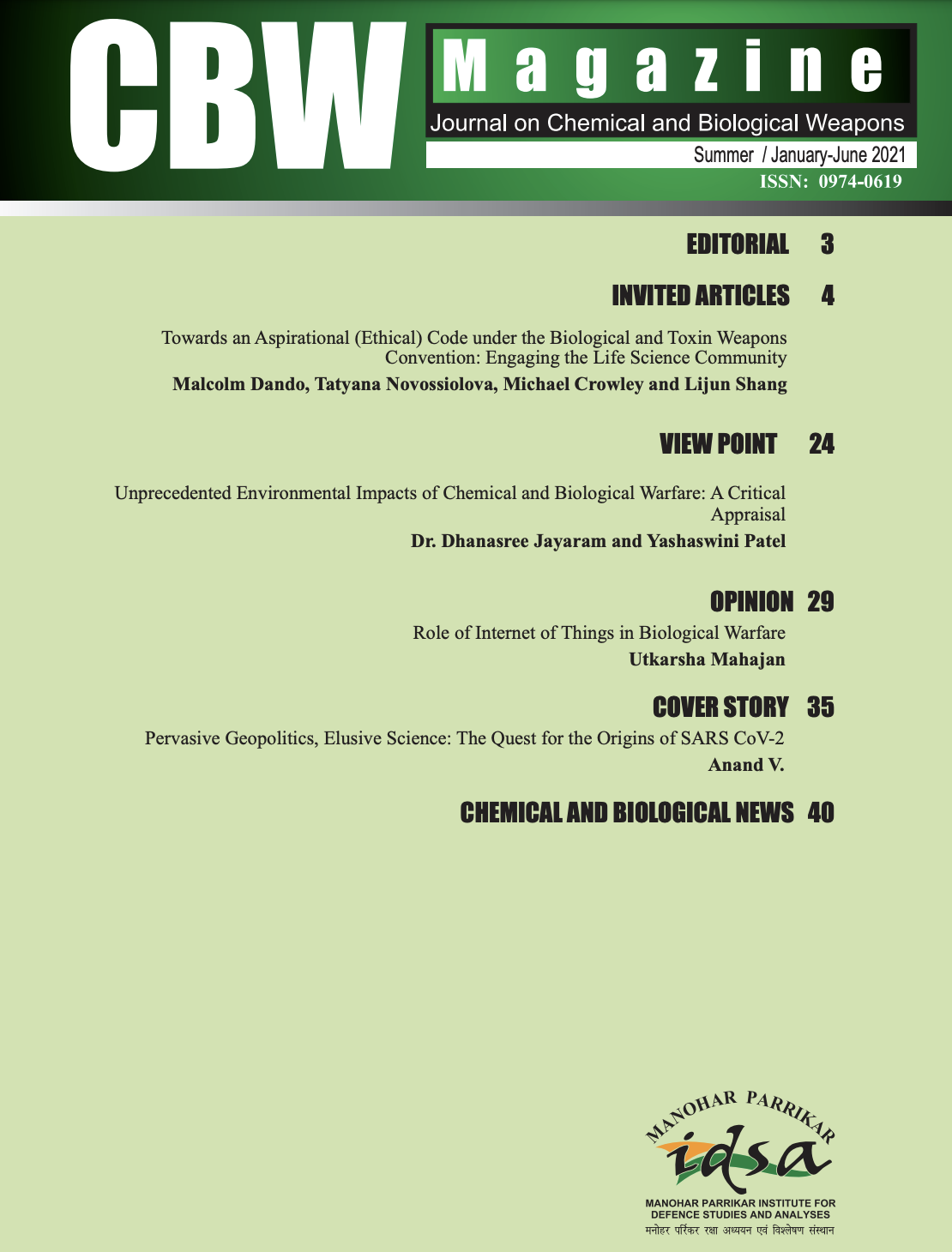
The Organization for Defending Sardasht Victims of Chemical Weapons (ODVCW)
Location: Sardasht, Islamic Republic of Iran
Mission Statement: ODVCW supports victims and survivors of chemical weapons attacks, organizes scientific and social seminars, and holds anniversary ceremonies. In addition, their other missions include collecting donations to support survivors to alleviate their pains, efforts to fully recognize chemical victims, and introducing chemical weapons victims to local and national authorities. ODVCW is committed to establishing a universal peace.
Activities: ODVCW has undertaken a wide variety of activities to support victims of chemical weapons attacks, including:
- Working with the government of Iran to identify the victims of the Sardasht chemical weapon tragedy.
- Holding conferences related to the chemical weapons attacks. Recently, ODVCW held a scientific panel with experts in law, psychology, and politics, featuring prominent Iranian professors.
- Providing two oxygen devices for the use of chemical weapons victims.
- Establishing a library and archive of chemical weapons documents for public use.
- Initiating a lawsuit against a chemical weapons dealer in Iraq named Mr. Frans Cornelis Adrianus van Anraat.
- Holding training courses on chemical victims resilience.
- Actively participating at the annual meeting of the OPCW.
- Establishing and maintaining connections with the Iranian and non-Iranian chemical weapons victims, including the victims of Halabja and Hiroshima.
- Holding the annual commemoration of the Sardasht victims on June 28th.
Website: Learn more at www.odvcw.org!
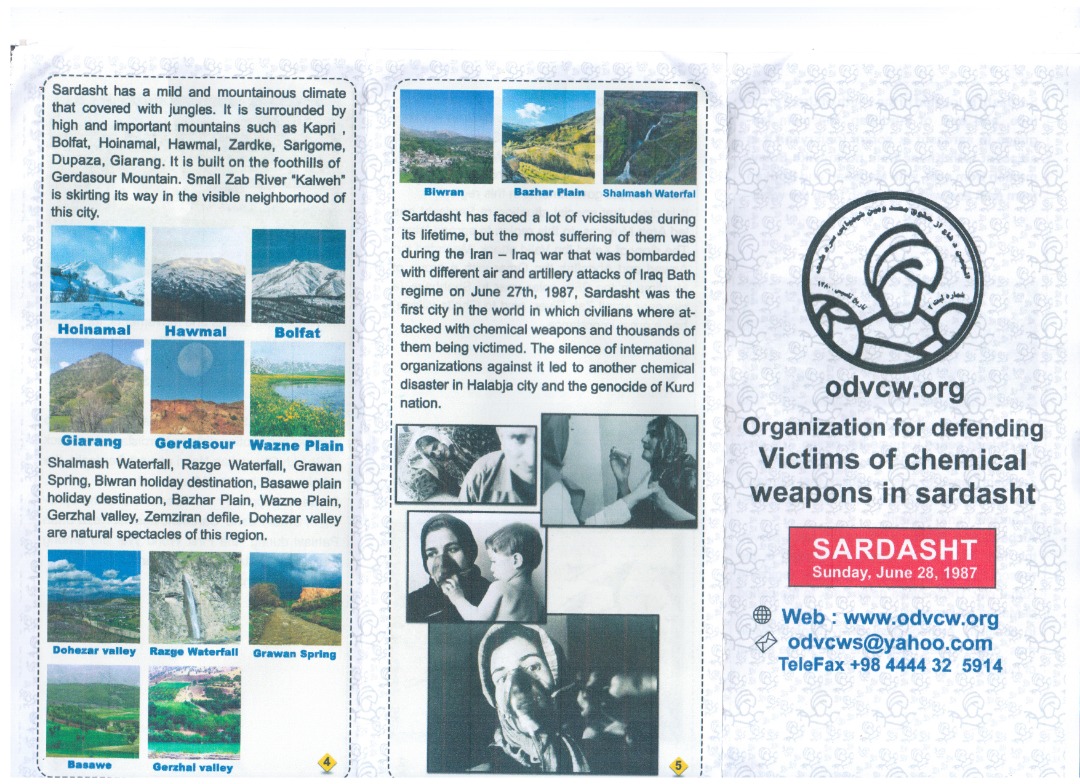
International Dialogue on Underwater Munitions (IDUM)
Location: Sydney, Nova Scotia, Canada
Mission Statement: IDUM’s mission is to promote the creation of an Internationally Binding Treaty on all classes of underwater munitions (biological, chemical, conventional, and radiological) to encourage countries to transparently collaborate on underwater munitions research, science, and policy including environmentally-friendly removal and remediation in the affected regions.
Activities: Founded by Mr. Terrance Long in 2004, IDUM has undertaken a wide range of activities in an effort to stop the human health and environmental impact and destruction on our seas and ocean from Underwater Munitions (UWM’s). IDUM has hosted five International Dialogues on UWMs and is recognized by the United Nations and the OPCW. The organization is active in collaborative research which seeks to expand knowledge on the impacts of UWMs (detection, remediation technologies).
IDUM also published a co-edited journal, “The Legacy of Underwater Munitions: Policy and the Science of Assessment, Evaluation of Impacts and Potential Response,” and helped to create two international documentaries titled Deadly Depths (Best International Documentary, German Green Screen Film Fest, 2014) and Foot Prints of War. IDUM has collaborated on research with CHEMSEA and NATO (Co-Director Science for Peace and Security). It also contributed to “Decision Aid for Marine Munitions,” a joint project which evaluated risks and benefits of various UWMs management options. IDUM is working with the Hawaiian government to address UWMs in order to protect and conserve their coral reefs (HR 135).
Website: You can learn more about IDUM on their website!
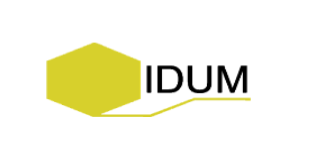
A Hoosier Scientist
Location: Freeland, Michigan, USA
Mission Statement: We are building a unique collection of Ideas and Resources for interdisciplinary STEAM (Science, Technology, Engineering, Art and Mathematics) projects. A core goal for all projects is to engage learners in thinking critically as they use alternative sources of information and explore authentic, socially significant questions.
Activities: Founded by Fred Thomas, A Hoosier Scientist provides multi-disciplinary resources for research projects appropriate to secondary and post-secondary students. Their primary project is focused on a massive and little-known US chemical weapons depot in India during WWII. Most of the bombs were dumped into the Bay of Bengal, but 15,000 M47A2 mustard-filled bombs were buried on site. There appears to have been no remediation. The work done by A Hoosier Scientist has gained some attention from US and British authorities, but so far there has been no evidence of action. A Hoosier Scientist has a magazine article in the press and information on their website. The key evidence – declassified in 2009 – is archived history reports from the USAAF unit which managed the depot. The reports are available on their website. This topic began as research into Fred Thomas’ father’s WWII service in India as a “Toxic Gas Handler.”
Website: Learn more about their project on the A Hoosier Scientist website!
